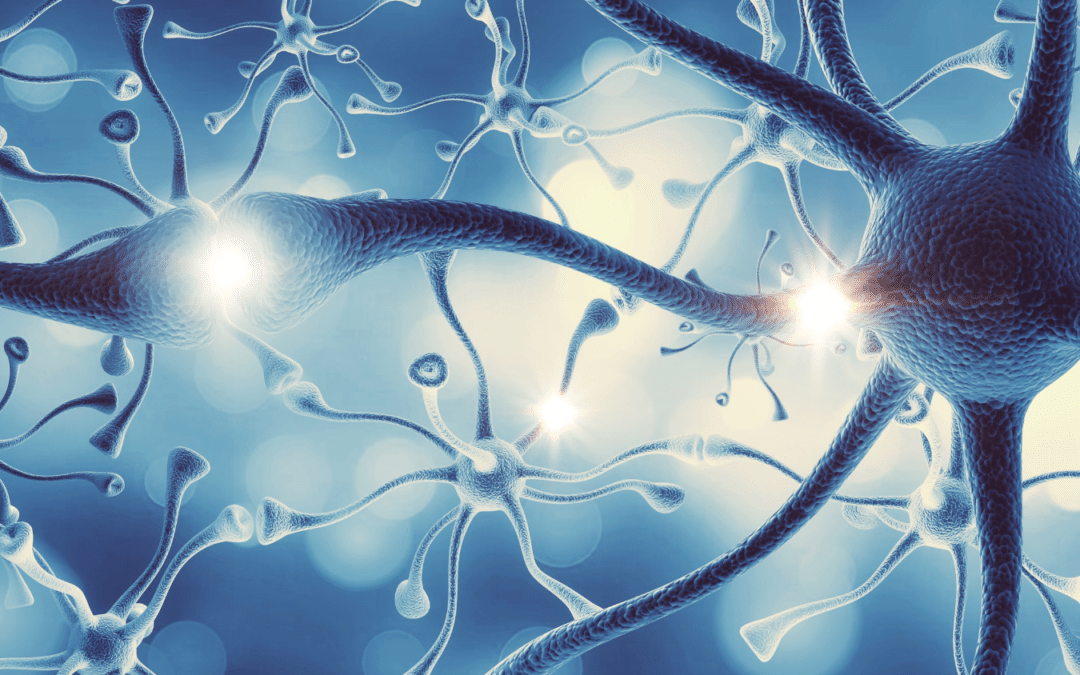Blood sugar, or glucose, is a form of sugar that circulates in the bloodstream and serves as the primary source of energy for the body's cells. It comes mainly from carbohydrate-containing foods, such as the bread, rice and fruit we eat. The regulation of blood sugar levels is essential for the body's energy balance and metabolism.
Insulin, a hormone produced by the pancreas, plays a key role in regulating blood sugar. After eating, blood sugar levels rise and insulin is released to help cells take up glucose from the blood. This helps to lower blood sugar levels. When the level is low, the release of glucagon, another hormone from the pancreas, is stimulated, which increases blood sugar levels by releasing stored glucose from the liver.
Maintaining a balanced blood sugar level is essential for energy production, concentration and general health. Poorly regulated blood sugar can lead to health problems such as diabetes and affect long-term wellbeing.










